"Resolution 1244 ended Serbian rule"
U.S. Ambassador to Montenegro Roderick Moore has dismissed any parallels between South Ossetia and Kosovo.
Wednesday, 03.09.2008.
09:46

U.S. Ambassador to Montenegro Roderick Moore has dismissed any parallels between South Ossetia and Kosovo. Moore said it was impossible to compare the two situations because Resolution 1244 was passed in order to begin the final status settlement for Kosovo and bring an end to Serbian rule in the province. "Resolution 1244 ended Serbian rule" The ambassador reiterated that the U.S. expected Montenegro, as well as other countries in the region, to recognize Kosovo independence, stating that it would “enhance regional stability”. Asked whether any parallels could be drawn between Kosovo and South Ossetia given that Russia had recognized the latter’s independence, while the U.S. and the West had condemned it, he replied that there were so many differences between those two regions that he could write a book on it. Asked to cite at least one, Moore replied that UN Security Council Resolution 1244 had opened the possibility of resolving Kosovo’s final status. “That resolution put an end to Serbian rule over Kosovo. That’s a massive difference. Let’s not forget that the NATO intervention in 1999 was a result of a decision taken by a consensus of 19 democratic countries,” the ambassador pointed out. Responding to a journalist’s insistence that Resolution 1244 guaranteed that Kosovo would remain a part of Serbia, Moore responded that this was written in the resolution’s preamble. “That is stated in the preamble. But in line with Article 25 of the UN Charter, only Security Council decisions are binding for all members of the world organization,” the ambassador said. The U.S. hopes that the Montenegrin authorities, if they view it in their interests, will join the position of their Euro-Atlantic partners, said Moore.
"Resolution 1244 ended Serbian rule"
The ambassador reiterated that the U.S. expected Montenegro, as well as other countries in the region, to recognize Kosovo independence, stating that it would “enhance regional stability”.Asked whether any parallels could be drawn between Kosovo and South Ossetia given that Russia had recognized the latter’s independence, while the U.S. and the West had condemned it, he replied that there were so many differences between those two regions that he could write a book on it.
Asked to cite at least one, Moore replied that UN Security Council Resolution 1244 had opened the possibility of resolving Kosovo’s final status.
“That resolution put an end to Serbian rule over Kosovo. That’s a massive difference. Let’s not forget that the NATO intervention in 1999 was a result of a decision taken by a consensus of 19 democratic countries,” the ambassador pointed out.
Responding to a journalist’s insistence that Resolution 1244 guaranteed that Kosovo would remain a part of Serbia, Moore responded that this was written in the resolution’s preamble.
“That is stated in the preamble. But in line with Article 25 of the UN Charter, only Security Council decisions are binding for all members of the world organization,” the ambassador said.
The U.S. hopes that the Montenegrin authorities, if they view it in their interests, will join the position of their Euro-Atlantic partners, said Moore.





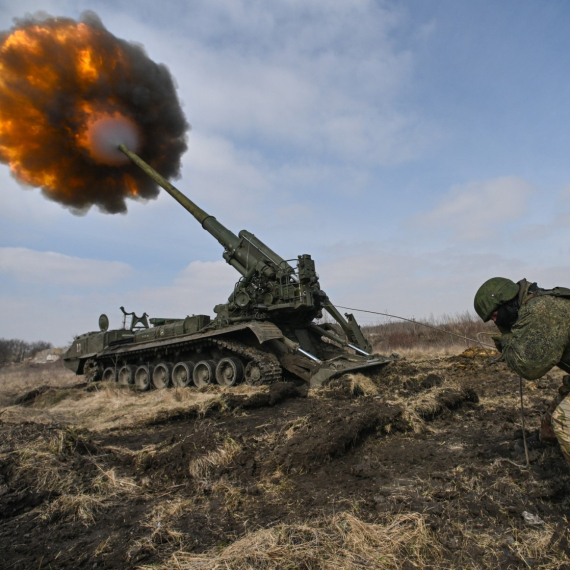







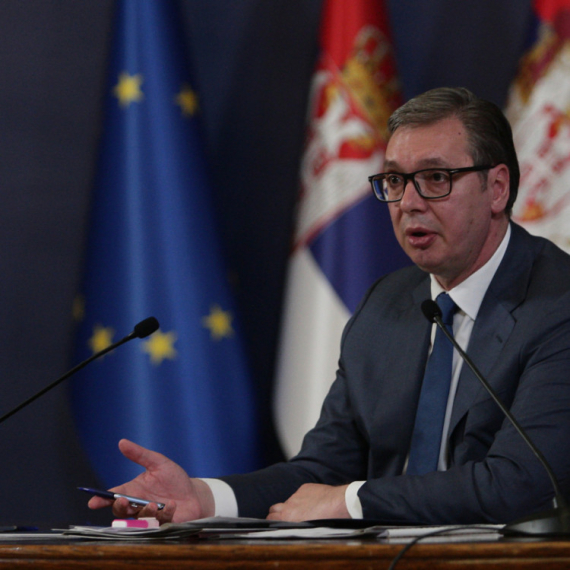

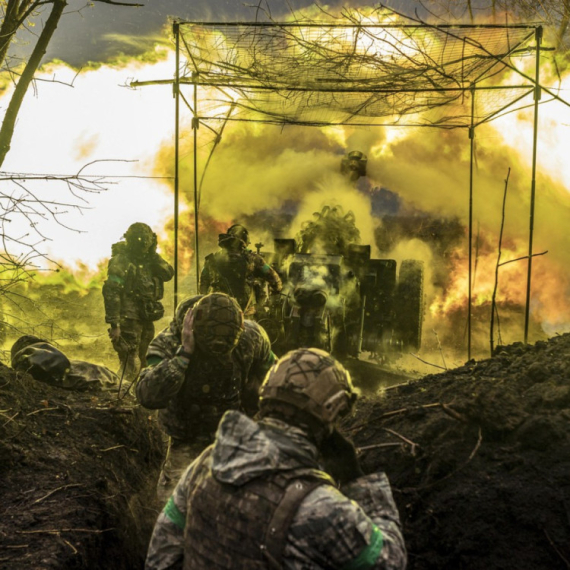
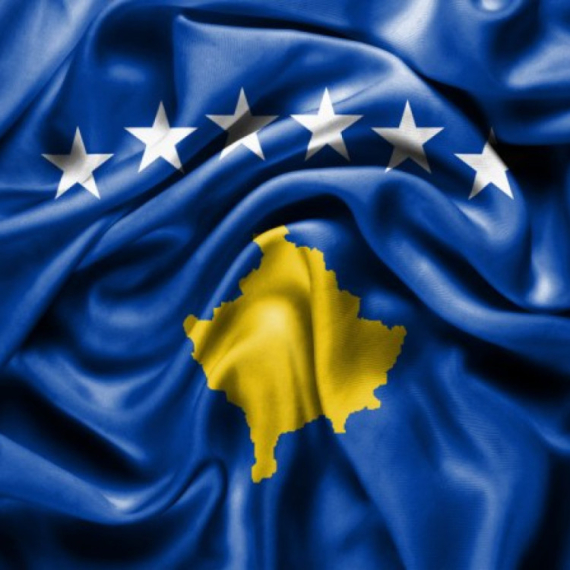



























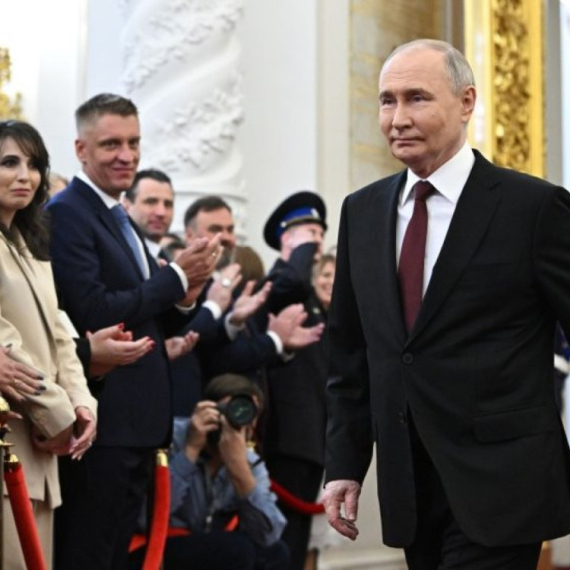



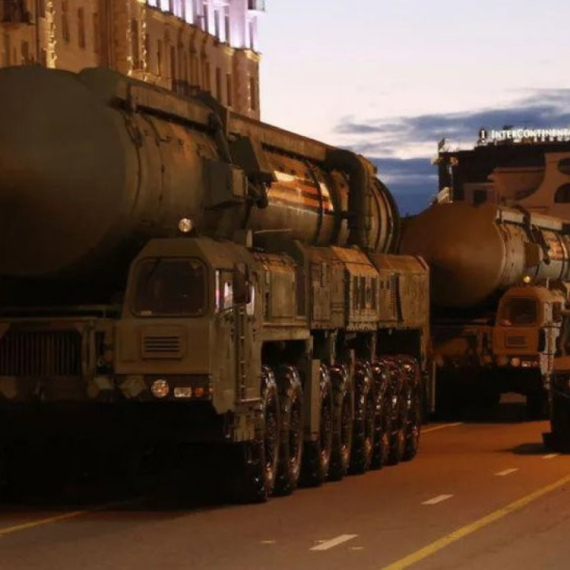

Komentari 31
Pogledaj komentare